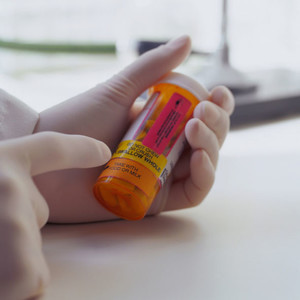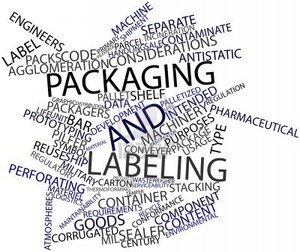Authors from Johns Hopkins University School of Medicine discuss excessive prices for generics in the US, using vitamin K1 as an example [1].
Vitamin K1 (phytonadione) is used as an antidote for coagulopathy in users of synthetic cannabinoids (K2 or spice) that has been contaminated with brodifacoum (often used as a rodenticide), which is a vitamin K antagonist. However, the pricing of this generic, single-source pharmaceutical has made the cost of therapy for brodifacoum toxicity prohibitively expensive.
Initial treatment for brodifacoum exposure involves initiation of oral vitamin K1 at doses as high as 50 mg every six hours. In addition, treatment with phytonadione may be required for weeks or months to mitigate the effects of brodifacoum due to its prolonged half-life (16‒34 days).
In the US, phytonadione for humans is available only in 5 mg tablets at a cost of US$70.51 per tablet. This is significantly higher than the cost of veterinary-grade vitamin K1, which is available in 50 mg tablets at a cost of US$0.61 per tablet. This represents a more than 1000-fold lower cost per mg compared to the US Food and Drug Administration (FDA) approved human version.
Although not condoning the use of veterinary-grade pharmaceutical products in humans, the authors say that this ‘pricing discrepancy highlights the severity of chronic price gouging among single-source FDA approved medications’.
The intravenous (IV) formulation of phytonadione is significantly less costly (US$60.30 per 10 mg ampule) than the tablet formulation. Use of the IV formulation can result in cost savings of approximately US$3,700 per admission based on utilization patterns at the Johns Hopkins Hospital. However, use of this strategy during a recent epidemic resulted in shortages of the IV formulation, potentially increasing the cost of care for these cases moving forward.
Another problem is the lack of health insurance coverage in synthetic cannabinoid users. This has caused an extra burden for hospitals that might have to provide vouchers for several thousand US dollars’ worth of phytonadione to ensure safe discharge for patients who lack prescription drug coverage.
The authors conclude that ‘the unacceptably high cost of care for rodenticide-induced coagulopathy treatment … is a clear example of market failure in a non-competitive monopoly’. They add that ‘unless systemic changes in policies for drug manufacturing and distribution in the United States are instituted, price gouging will continue to be our new normal’.
Conflict of interest
The authors of the research paper [1] declared that there was no conflict of interest.
Related articles
WHO considers cost of cancer drugs and how to increase access
Patient, health and trade groups say USMCA will keep drug prices high
Reference
1. Shanbhag S, Dane KE, Streiff MB. “The 700-dollar vitamin”: the epidemic of synthetic cannabinoide-associated coagulopathy. A case study of excessive generic drug prices in the American health care system. Mayo Clin Proc. 2019;94(2):199-201.
Permission granted to reproduce for personal and non-commercial use only. All other reproduction, copy or reprinting of all or part of any ‘Content’ found on this website is strictly prohibited without the prior consent of the publisher. Contact the publisher to obtain permission before redistributing.
Copyright – Unless otherwise stated all contents of this website are © 2019 Pro Pharma Communications International. All Rights Reserved.








 0
0











Post your comment